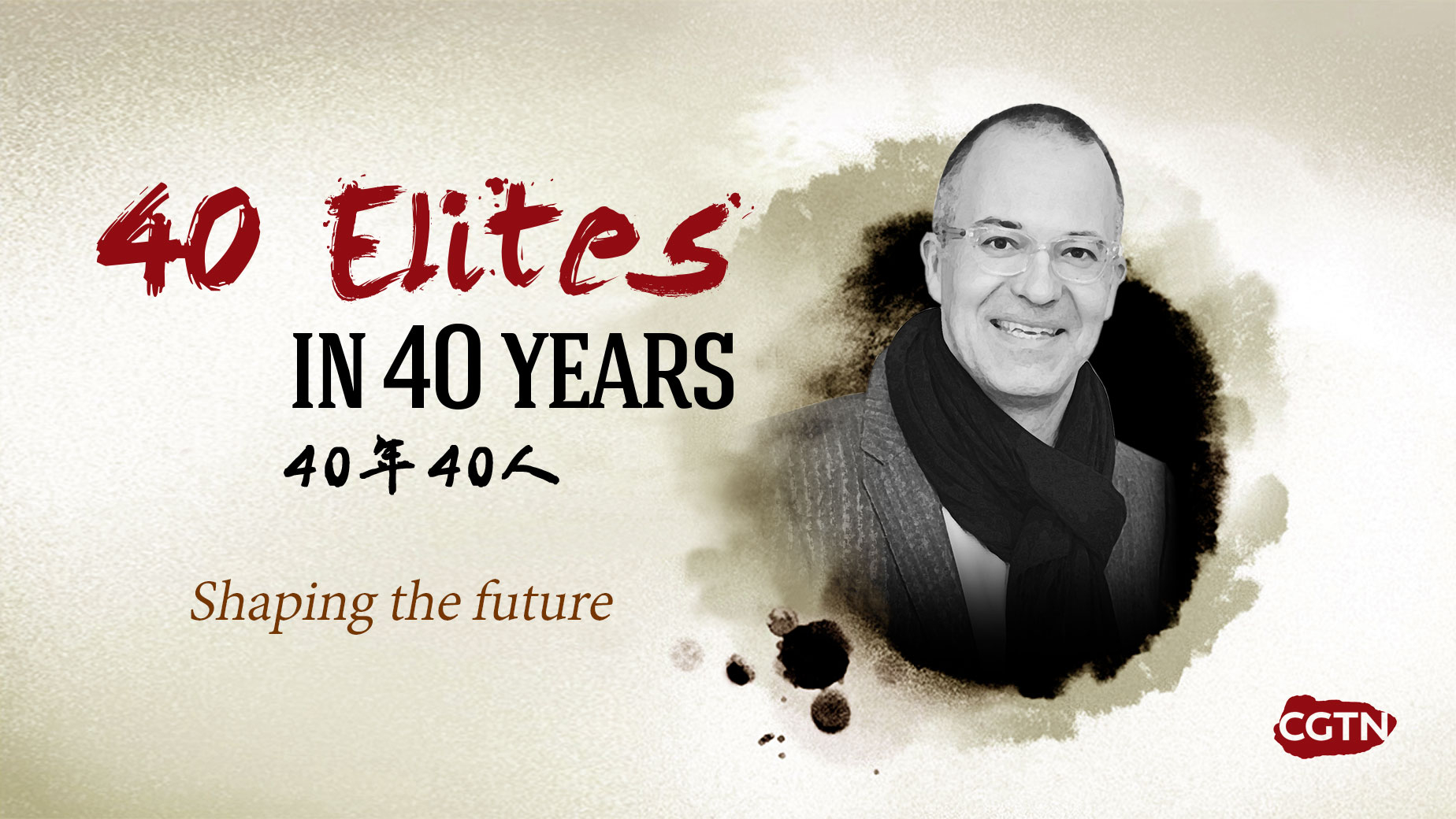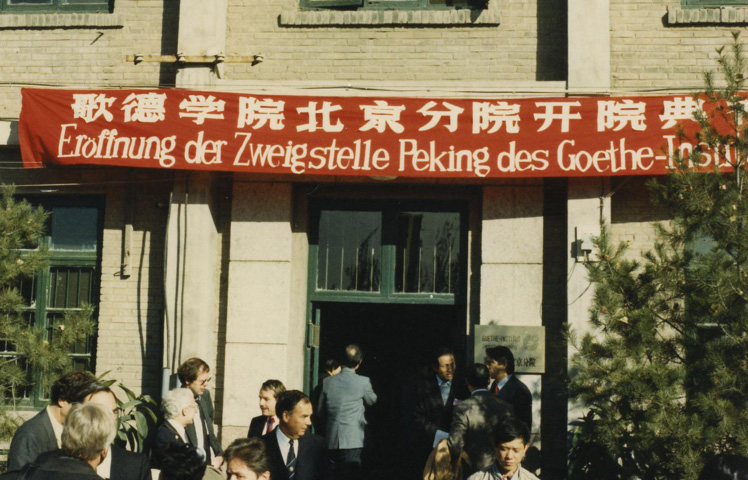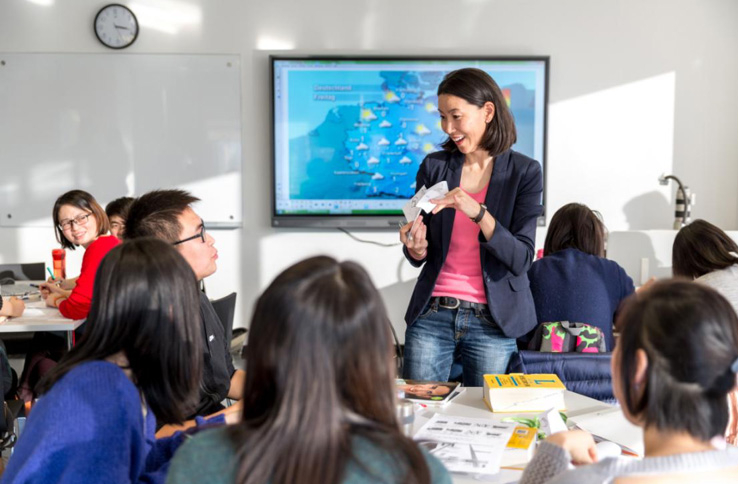
China
08:03, 18-Dec-2018
40 Elites in 40 Years: Shaping the future
Updated
07:23, 21-Dec-2018
CGTN
04:10

Born in Germany in 1971, Dr. Clemens Treter, director of the Goethe-Institut Beijing, studied Sinology both in Munich, Germany and Chengdu, China, with the history of Chinese literature as his research focus. His doctoral dissertation tackled literature in the late Qing Dynasty (1644-1911), which was a less-known field in China.

Since 2004, Dr. Treter has been working with the Goethe-Institut. From 2005 to 2010, he worked at the Goethe-Institut in Beijing as the vice president and the head of the language department in China. His mission was to expand the cooperation network of the Institut in Chinese mainland and Mongolia, as well as to build the Sino-German Cultural Networks. Since February 2016, Dr. Treter has been the president of the Goethe-Institut – German Cultural Center, Beijing (China).

The Beijing Branch of the Goethe Institut was established in 1988. Since then, it has been devoted to the promotion and application of German language in China. It has also been engaged in extensive cultural exchanges and cooperation between Germany and China.
In the late 1990s, as China continued with its opening-up path, the acceptance towards foreign cultures has also increased. "This provides the Goethe-Institut with more space," Dr. Treter said. The scope of work of the Institut has expanded from German language training to various fields of cultural exchange with China.
According to Dr. Treter, cultural exchange is not a one-time transaction, but a long-term investment in the relationship between the two nations. “When culture cultural exchanges are established, we usually assimilate the role of service providers and let the artists play the leading role. We are responsible for listening to what they say and trying to meet their needs as much as possible. The main role of cultural institution in cultural exchanges is to provide a platform, an interactive space for the cultural inheritors of different countries.”
The Goethe-Institut Beijing celebrated its 30th anniversary in 2018. As one of the first foreign cultural institutions in the Chinese mainland, the Institut is not only a window for Chinese people to understand Europe, but also a witness of China's gradual opening-up.

“I'm very much looking forward to further developing the Goethe-Institut in China, and together with my team to do the best for German-Chinese cultural exchanges, ”Dr. Treter said. “Chinese studies are also a very broad field, and it's quite hard. You always have the idea that: You started to look at something but it's only one door and there are a lot of other doors that you still have to open.”

SITEMAP
Copyright © 2018 CGTN. Beijing ICP prepared NO.16065310-3
Copyright © 2018 CGTN. Beijing ICP prepared NO.16065310-3